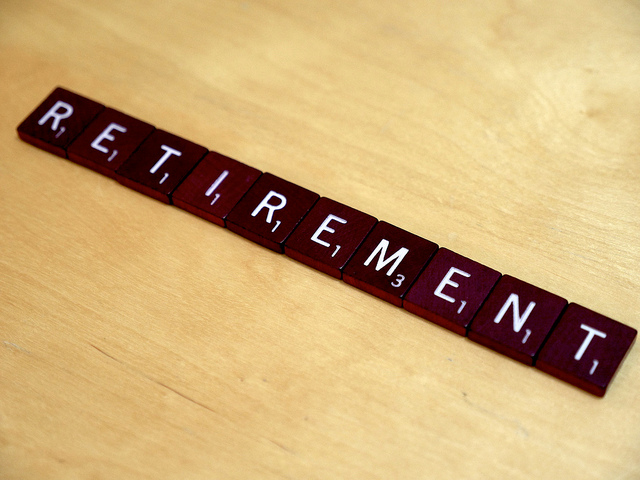[vc_row][vc_column width=”2/3″ el_class=”section section1″][vc_column_text]The Federal Employees Compensation Act and disability retirement have some significant differences in them. An employee, who is applying for benefits, must be disabled via a work-related injury and cannot work a regular job. The OPM, however, will accept any disability retirement application regardless of where the injury took place.
Since benefits for federal disability retirement and compensation cannot be paid at the same time, a choice must be made between the two options.
If you receive compensation benefits, your disability retirement benefits are on hold, but if the compensation benefits end or fall below the annuity benefit amount, they can be restarted. The one exception is if you are given a scheduled award (fixed payments for loss of function) that is paid at the same time as the disability benefits.
- Also Read: Dental Plans Under FEDVIP Are Offering Better Coverage Than Ever—Why Federal Employees Are Taking Notice
- Also Read: 5 Things You Need to Know About Survivor Benefits as a Federal Employee or Retiree
- Also Read: How FEGLI Premium Changes Are Forcing Federal Employees to Reevaluate Their Plans
If you are disabled due to a job-related injury or illness, but die of something else, your survivors are not permitted to attain compensation benefits but rather CSRS survivor benefits.
Single individuals with no dependent children or former spouse eligible for benefits will have no payable monthly survivor annuity benefits. Instead, a lump-sum of the retirement contributions are paid to survivors under the order of precedence noted above.[/vc_column_text][/vc_column][vc_column width=”1/3″][vc_single_image image=”37213″ img_size=”292×285″ style=”vc_box_shadow”][/vc_column][/vc_row]








